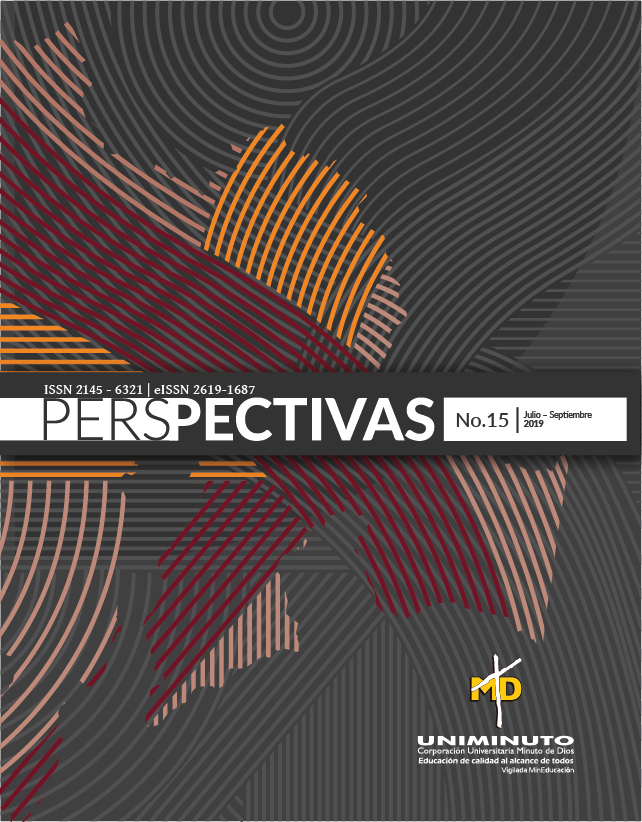La imprescriptibilidad de la masacre de Aztra, crimen de lesa humanidad
Barra lateral del artículo
Cómo citar
Detalles del artículo
Contenido principal del artículo
Resumen
El presente trabajo pretende aclarar si el horrendo crimen que se perpetró el 18 de octubre de 1977, época en la que existía el Gobierno de facto, estaría catalogado como un crimen de lesa humanidad. Delito que fue ejecutado en franca y frontal violación a toda norma y principio constitucional, vulnerándose el derecho a la vida de muchos trabajadores; para ello hemos recurrido a los datos y entrevistas de ciertos personajes sobrevivientes conocedores de los hechos, al criterio de tratadistas y los escasos datos u actos judiciales que de alguna manera permiten conocer la verdadera magnitud y el grave impacto social, jurídico y económico que causó en la Troncal, a nivel nacional. El Estado como tal, con todo su poder punitivo en la época permaneció impávido frente al reclamo nacional, internacional; se destaca el marco jurídico constitucional y del derecho internacional en materia de derechos humanos, identificando a este crimen de lesa humanidad y por tanto imprescriptible, Todo lo anterior intenta poner en el debate la necesidad de ejercitar las acciones constitucionales en materia de derechos humanos a nivel internacional, a efecto de que este crimen no quede en la impunidad.
Referencias
Asamblea Nacional Constituyente. (2008). Constitucion de la Republica del Ecuador del 2008. Quito: Asamblea Nacional.
Cabanellas, G. (1979). Diccionario Enciclopedico de Derecho Usual. Heliasta S.R.L.
Comision de Derechos Humanos. (1948). Declaracion Universal de los Derechos Humanos. Paris.
Comisión Interamericana de Derechos Humanos. (s.f). CONVENCION AMERICANA SOBRE DERECHOS HUMANOS "PACTO DE SAN JOSE DE COSTA RICA". Obtenido de https://www.cidh.oas.org/Basicos/Basicos3.htm
Corte Constitucional del Ecuador . (2017). Desarrollo jurisprudencial de la primera corte constitucional. Quito: Corte Constitucional del Ecuador .
Corte Constitucional del Ecuador. (2017). Desarrollo jurisprudenial de la primera corte constitucional. Quito, Ecuador: Corte Constitucional del Ecuador.
Corte Penal Internacional. (17 de 07 de 1998). Estatuto de Roma de la Corte Penal Internacional. Obtenido de http://www.un.org/spanish/law/icc/statute/spanish/rome_st atute(s).pdf
El Universo. (12 de Enero de 1976). Hoy posesión en Palacio de Gobierno. El Universo, pág. 1.
Ferreira, M. (2016). CRÍMENES DE LESA HUMANIDAD: FUNDAMENTOS Y ÁMBITOS DE VALIDEZ.
Florez Holguin, G. L. (Julio de 2011). FACULTAD LATINOAMERICANA DE CIENCIAS SOCIALES SEDE ECUADOR. Recuperado el 09 de Noviembre de 2018, de LOS TRABAJADORES DE LA ZAFRA: identidad obrera en la industria azucarera ecuatoriana. El caso de AZTRA (1964-1977): http://repositorio.flacsoandes.edu.ec/bitstream/10469/7853/ 2/TFLACSO-2011GLFH.pdf
Fuentes, J. C. (18 de Octubre de 2017). Aztra: El trágico epílogo de una protesta. sucesos de aztra.
Gallardo, D. (06 de 2015). Repositori Universidad de Cuenca. Obtenido de http://dspace.ucuenca.edu.ec/bitstream/123456789/21981/ 3/Tesis.pdf
Garrido, M. J. (s.f.). Memorias y representaciones de la matanza de trabajadores de Aztra. Obtenido de Pacarina del Sur : http://www.pacarinadelsur.com/home/huellas-y- voces/241-memorias-yrepresentaciones-de-la-matanza-de- trabajadores-de-aztra-1977
Juicio penal indagatorio por muerte a Luis Eliecer Guallpa Cabrera y otros, 163-O (25 de 04 de 1978).
Moncada Sánchez, J. (1991). La economía ecuatoriana de los sesenta a los ochenta. Quito: Corporacion Editorial Nacional.
Roman, C. (08 de 01 de 2019). La Masacre de Aztra. (A. Morales Salazar, K. Ordoñez Serrano, & M. Villagomez Martinez, Entrevistadores)
Salazar, J. (24 de 11 de 2015). Crímen de Lesa Humanidad. El Telégrafo. Obtenido de https://www.eltelegrafo.com.ec/noticias/judicial/12/crimen- de-lesa-humanidad
Sarango, H. (2008). UNIVERSIDAD ANDINA SIMÓN BOLÍVAR. Obtenido de EL DEBIDO PROCESO Y EL PRINCIPIO DE MOTIVACIÓN DE LAS RESOLUCIONES/SENTENCIAS JUDICIALES: http://repositorionew.uasb.edu.ec/bitstream/10644/422/1/T6 27-MDE-Sarango- El%20debido%20proceso%20y%20el%20principio%20de%20m otivaci%C3%B3n%20de%20las%20resoluciones....pdf
Universidad Tecnologica Ecotec. (2008). Ecotec. Obtenido de La Familia Romana: http://www.ecotec.edu.ec/material/material_2013F1_DER10 4_21_30188.pdf
Verduga, I. (17 de 10 de 2014). La Mantanza de Aztra. El telegrafo.

